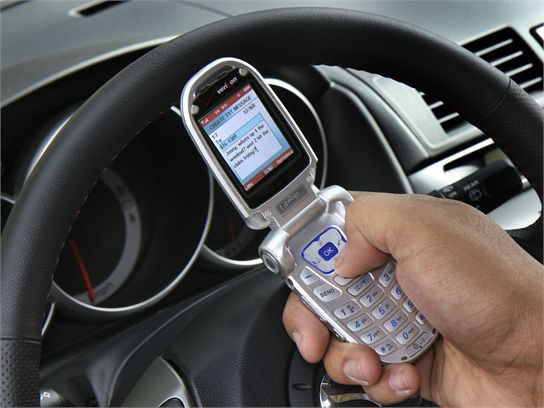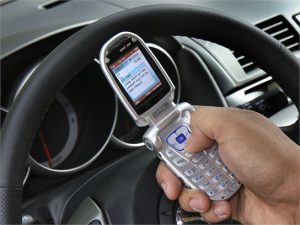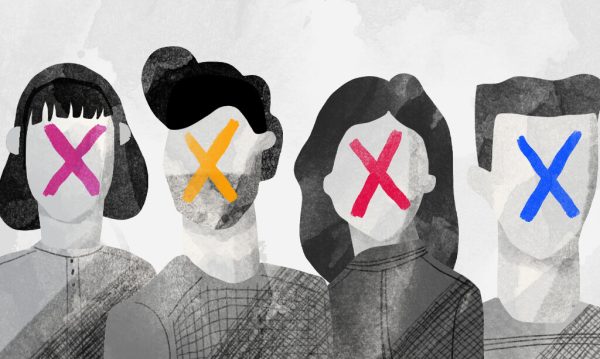Texting while driving law targets teens


The new ban on texting for Massachusetts drivers was put into effect on September 30, 2010. The new law prohibits every driver in Massachusetts from texting while behind the wheel. However, like most driving laws, this one targets teens with harsher penalties and more expensive fines.
The only thing this new law prohibits adult drivers from doing is texting. As long as an adult driver keeps one hand on the wheel at all times, they can use a cell phone to make a call without receiving any consequences. For teens though, harsher rules apply.
Texting while driving will result in a ticket and a fine of $100 for all drivers over the age of 18. In fact, it appears that you might get a ticket even for a minor violation (check out https://floridaticketfirm.com/police-quotas-traffic-citations-fact-fiction/). However, for Junior Operators, the punishment is much more severe. First, there is a 60 day license suspension. During this suspension, the driver must complete a driver attitudinal course–which the penalized Junior Operator must pay for. Then, if the driver wants his or her license back, a $500 dollar reinstatement fee must be paid. In addition, another road test must be taken — which, also, must be paid for. Finally, a $50 fine will be levied for license reinstatement. $25 of it will go to the Spinal Cord Injury Trust Fund, and the other $25 to the General Fund. Both of these are good causes but the money going towards them should be coming out of the pockets of adult drivers as well as teen drivers. Teen drivers should not have to go through this long–and expensive–process when adult drivers only have to pay a $100 fine.
Talking on a cell phone is a distraction for anyone who gets behind the wheel of a car. While adult drivers obviously have more experience on the road than teen drivers, that does not mean that teen drivers will be any more distracted by a hands free device than an adult will be. If both hands are on the wheel and if the driver’s attention is primarily on the road, then using a hands free device should not be any different than talking to another passenger in the car.
However, since talking on a hands free device is similar to having a passenger in the car, it would be understandable if the six month passenger restriction was to include a ban on cell phones. The passenger restriction is meant to provide teens a time to gain experience and knowledge on the road before bringing other passengers into their car. This law is also a bit strict, but the intentions behind it are good and are meant to provide a safer roadway for all drivers.
Gaining more experience behind the wheel before driving teenage passengers under the age of 18 is not a bad idea, so placing a cell phone restriction on Junior Operators for the first six months of maintaining a license would be a reasonable law. Junior Operators should not be banned from using cell phones completely until they reach the age of 18. However, if cell phone usage for teens was to be minimized to a hands free device, that would also be reasonable. The cell phone ban on all Junior Operators is ridiculous, especially after the Junior Operator has had his or her license for more than six months and is allowed to have passengers in the car. Using a hands free device while driving is not nearly as distracting as having a car full of passengers. After gaining at least six months of experience on the road with a parent, and another six months of experience on the road with no passengers, a Junior Operator should earn the privilege to be able to drive passengers as well as use a hands free device to make and receive phone calls. Since Junior Operators are considered to be responsible enough to have passengers in the car after six months, it would only make sense if they were allowed to use a hands free device as well.
The ban on texting while driving is a great step in minimizing distracted driving and creating a safter road for everyone. The only downfall the law seems to have is the incredibly harsh penalties Junior Operators would face for any use of a cell phone. The law should punish drivers who are caught texting more equally and give Junior Operators more leeway when it comes to using a cell phone in the car.







